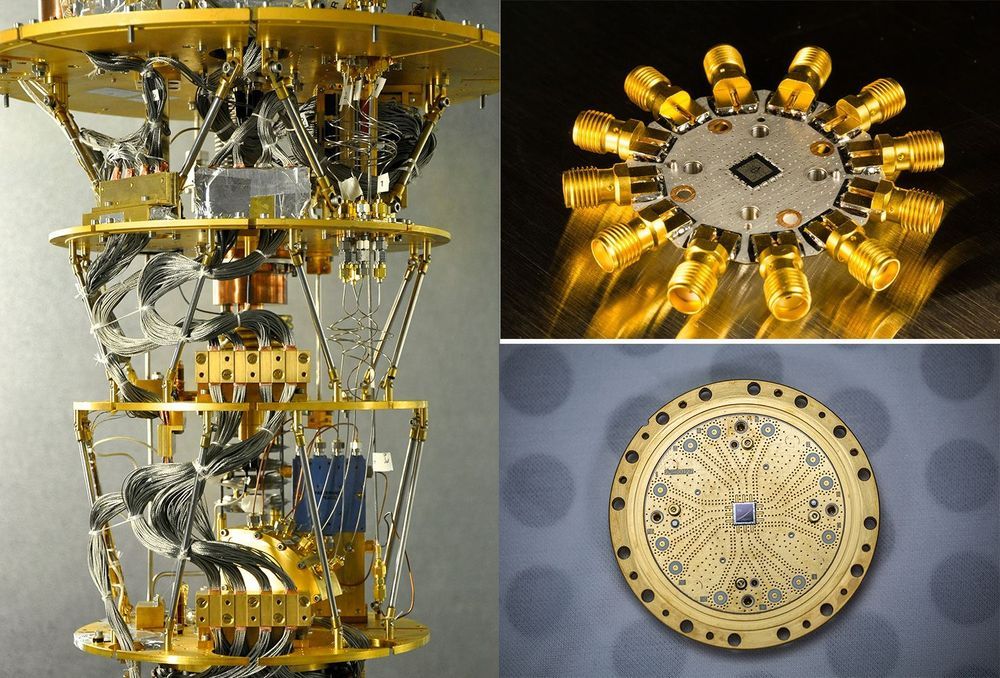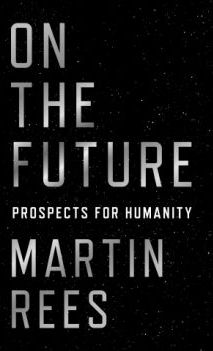Jan 29, 2019
Business Forum: Photons are good business — An interview with Akira Hiruma
Posted by James Christian Smith in categories: bioengineering, business, transportation
Early November 2018, Conrad Holton visited Japan at the invitation of Hamamatsu Photonics to attend the three-day Photon Fair, the company’s big event looking at its technologies and vision for the future. The Fair is held every five years near its headquarters in Hamamatsu City, about 150 miles southwest of Tokyo. In addition to thousands of customers, suppliers, and students who attended, the event was open to the public for one day to show the many technologies just emerging from the company’s research labs and how these technologies might impact fields ranging from the life sciences to transportation and manufacturing.
An interview with the CEO of Hamamatsu Photonics shows how an engineering company with a singular focus on photonics can succeed.

















